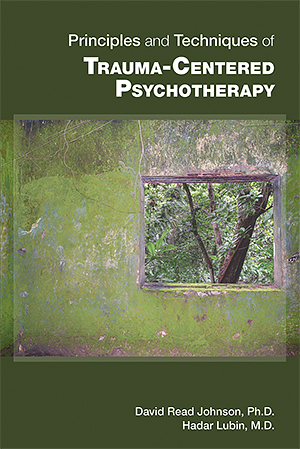Chapter 16.Adjunctive Methods
Sections
Excerpt
A number of adjunctive methods can aid the trauma-centered psychotherapist in getting details, revealing trauma schemas, decoding behavior, providing discrepancy, and disclosing the perpetrator. These aids concretize in physical form the process of exploring the effects of trauma and therefore may be recommended in specific situations and with specific clients. These methods include narrative, pictorial, ceremonial, and role-play methods (Table 16–1).
Access content
To read the fulltext, please use one of the options below to sign in or purchase access.- Personal login
- Institutional Login
- Sign in via OpenAthens
- Register for access
-
Please login/register if you wish to pair your device and check access availability.
Not a subscriber?
PsychiatryOnline subscription options offer access to the DSM-5 library, books, journals, CME, and patient resources. This all-in-one virtual library provides psychiatrists and mental health professionals with key resources for diagnosis, treatment, research, and professional development.
Need more help? PsychiatryOnline Customer Service may be reached by emailing [email protected] or by calling 800-368-5777 (in the U.S.) or 703-907-7322 (outside the U.S.).



